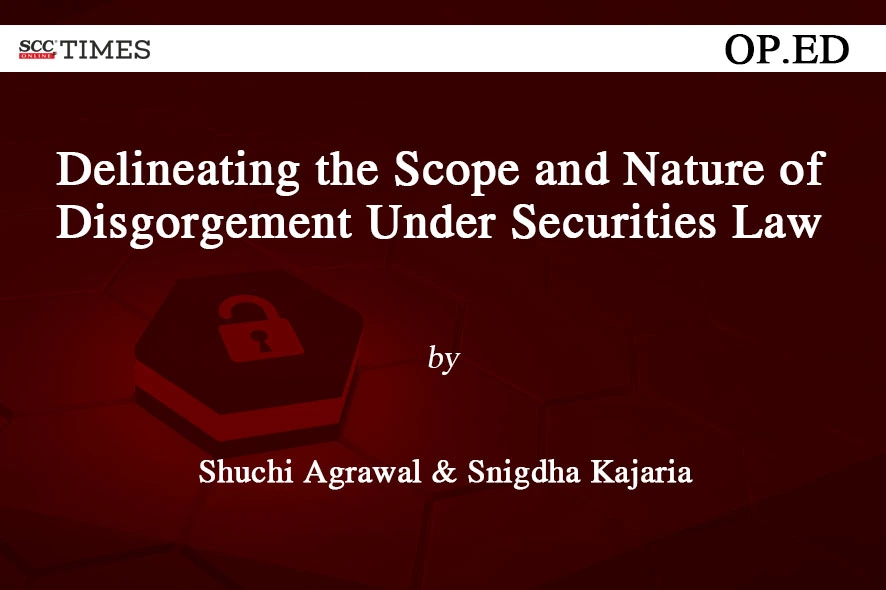
Allowing Equity-Based Crowd-Funding
Need for a framework for allowing equity-based crowd-funding of small businesses and start-ups
Problem
As the market for bank loans and traditional finance shrinks in the aftermath of the Covid-19 pandemic, start-ups and small businesses will be severely constrained in their ability to raise finance. On account of onerous regulatory and screening requirements, such ventures often find it difficult to raise finance through traditional methods (such as private and public equity offerings and debt financing) even under normal circumstances. The pandemic will only aggravate their problems.
In this backdrop, crowd-funding, through its use of a digital platform and greater public reach, could be a useful tool for improving their access to finance. While donation-based crowd-funding has generated substantial public funds for Covid-19 related issues, businesses are not allowed to raise money through equity-based crowd-funding. While the Securities and Exchange Board of India (SEBI) had issued a Consultation Paper in 2014 to initiate discussion on a regulatory framework for allowing crowdfunding in India, it eventually decided against the idea. The aftermath of the Covid-19 pandemic provides changed circumstances that should prompt SEBI to reconsider its view.
Solution
Given the role an online securities market can play in supporting economic recovery and growth of small businesses in a post-Covid world, the Union Government should consider developing a new framework for allowing equity-based crowd-funding of small businesses and start-ups. Countries such as the United States of America, Australia, Italy and Malaysia have already put in place specific regimes governing equity crowd-funding.
Such a law should allow such businesses to (a) raise equity-finance from the public-at-large, (b) offer securities through regulated online ‘crowd-funding platforms’ and (c) carve out exclusions and exemptions from the law governing securities offerings in general without undermining the rights of investors.
Keeping in view the risks of crowd-funded enterprises, the legal framework should prescribe well-defined eligibility and disclosure requirements concerning the company and its business plan. Such platforms could also be required to conduct ‘online appropriateness tests’ to check for whether investors are risk-aware. To ensure that any loss to investors is small and bearable, the law should set limits on the maximum amount of funds that may be invested by any individual. Crowd-funding platforms could also leverage social media platforms to facilitate constant dialogue between investors and issuers, with appropriate disclosure requirements.
Implementation
- Design a framework law enabling equity-based crowd-funding to the public-at-large.
- Appropriate exclusions should be introduced under the Companies Act, 2013, as it does not allow a private company to offer securities to more than 200 persons in a financial year, and requires public offering of securities, should the number of offerees exceed 200.
- Suitable exclusions should be introduced to the Securities Contracts Regulation Act, 1956 and relevant rules and regulations of the Securities and Exchange Board of India Act, 1992 as regards public offer of securities and concerning compliances for recognition of the crowd-funding platform.



